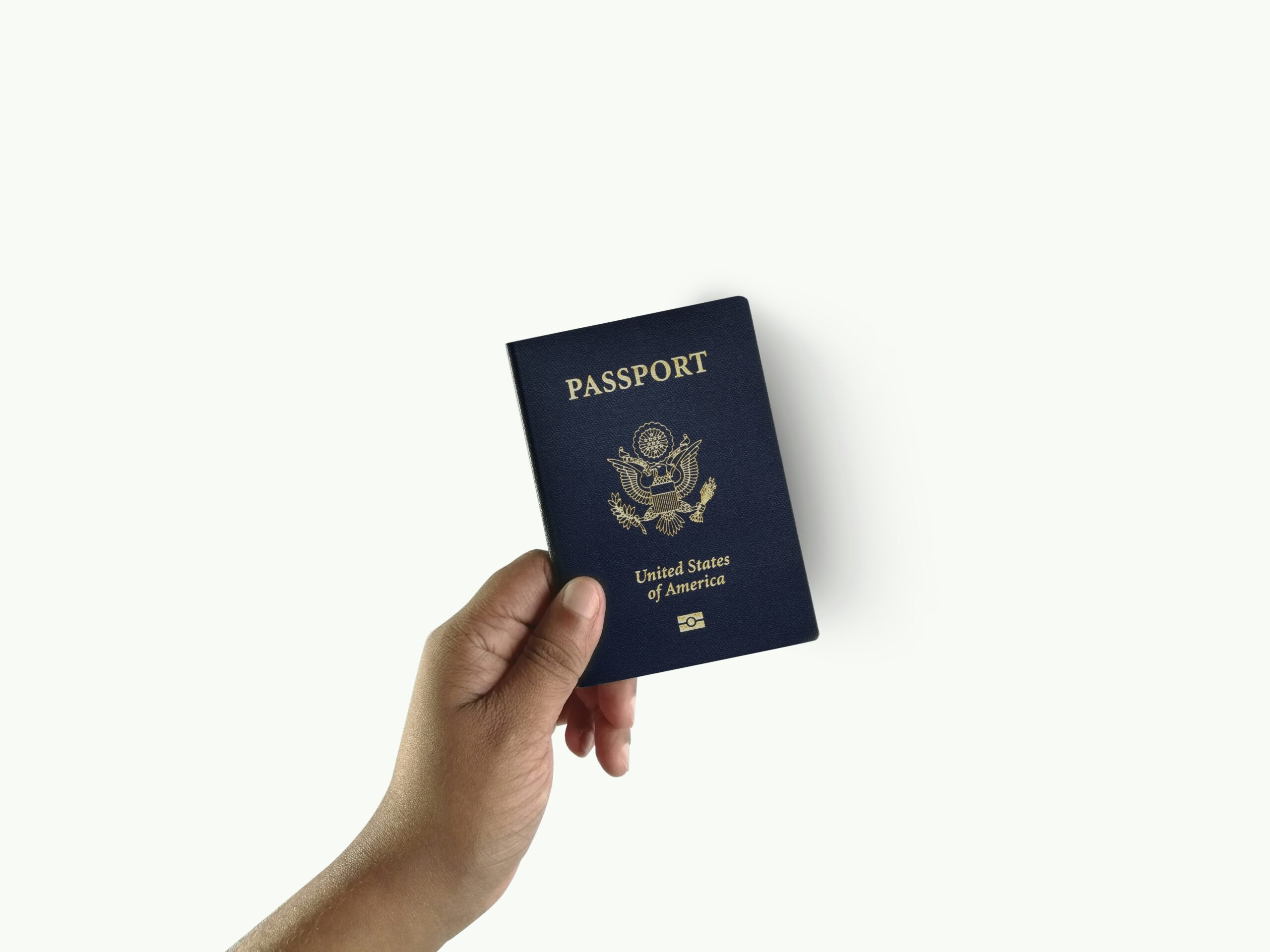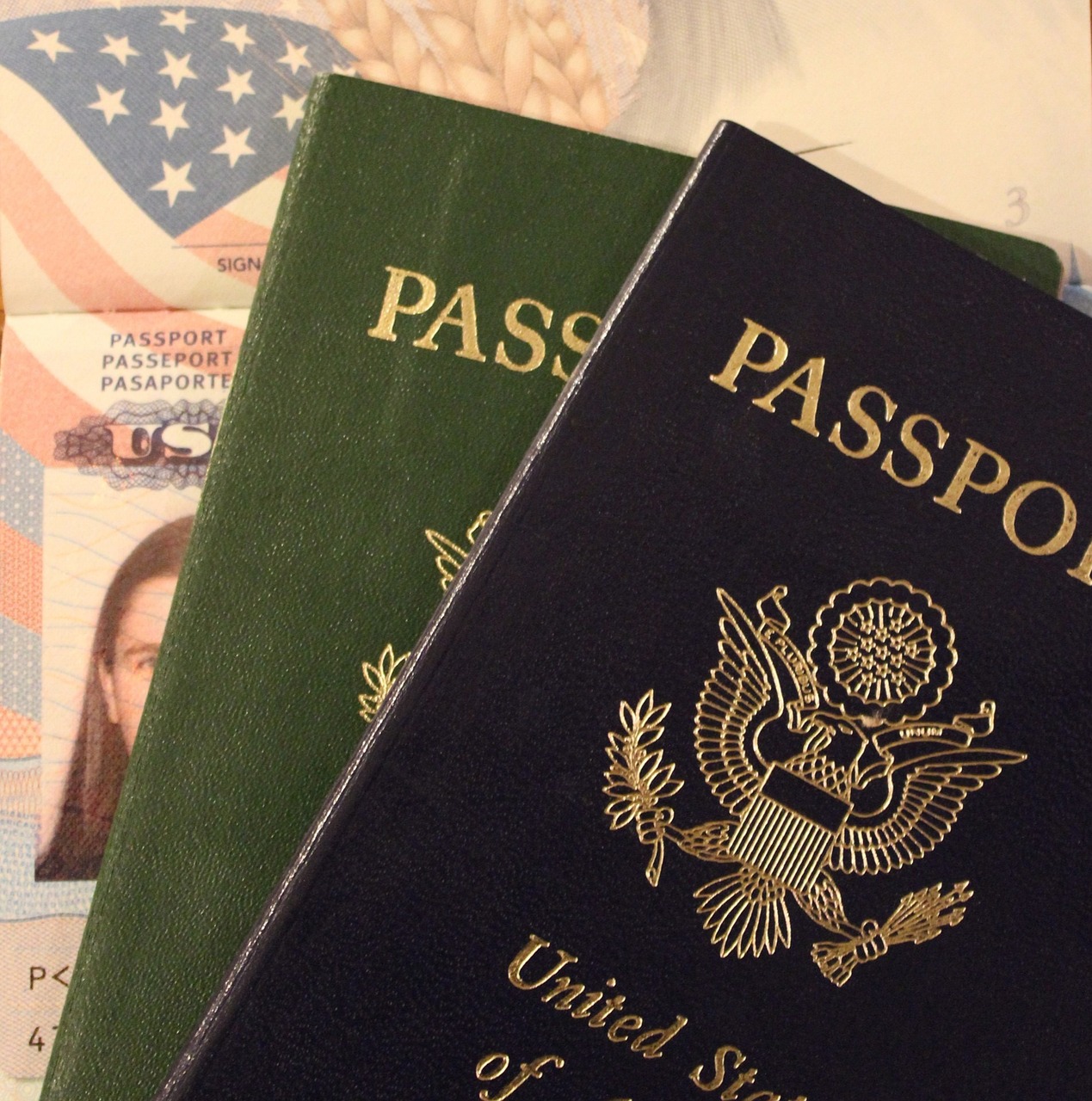Most people who come to our office to talk about asylum are unaware of the strict filing deadlines that govern asylum cases. Since 1998, the rule at USCIS has been that an applicant for asylum must file within one year of his or her arrival into the U.S.
The one-year period is calculated from the date of the last arrival. The day of arrival does not count - the first day is the day after the last arrival. The filing date is the date that USCIS receives the I-589 asylum application.
It is your burden to show that you met the one-year deadline. You have to establish timely filing by "clear and convincing" evidence. You do this through testimony and through documentary proof of your last arrival.
If the asylum office has concerns about whether or not you filed within one year, you will still have your asylum interview. However, your affirmative application for asylum (which is really your best chance for asylum), will be denied.
Your case will be sent to the immigration court, where you will face deportation, but may raise asylum as a defense to being sent overseas.
One exception for this rule is if there are "changed circumstances which materially affect his or her eligibility for asylum, or extraordinary circumstances relating to the delay in filing."
Here are some examples of "changed circumstances":
The only other exception to the deadline is for "extraordinary circumstances," which are events or factors in the applicant's life which cause them to miss the filing deadline. To prove this exception, the asylum applicant must:
Extraordinary circumstances usually involve serious injury, death of a loved one or other similar situations.
We hope this helps you understand the one-year deadline and the narrow exceptions that apply. If you have any questions, please give us a call at (314) 961-8200.
Committed to your success in the asylum process.








